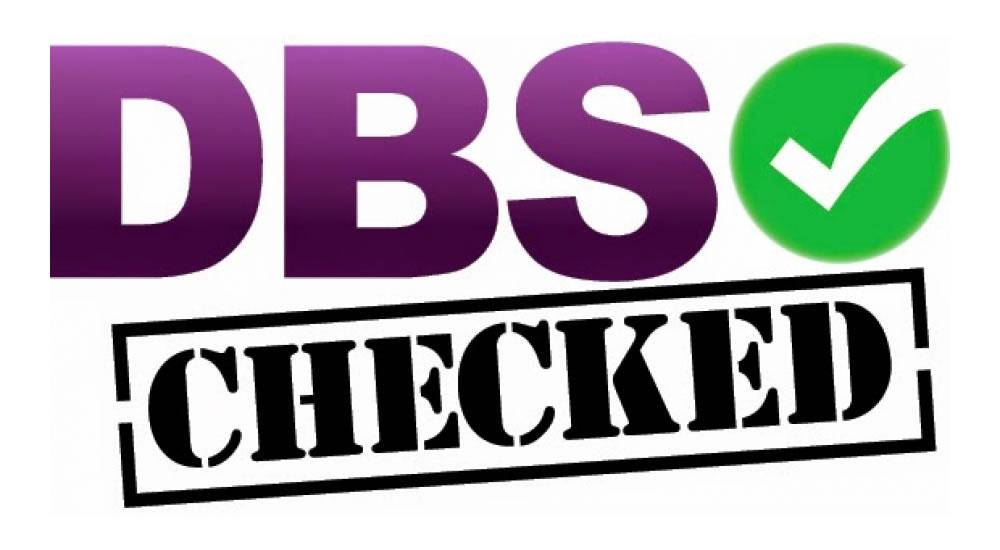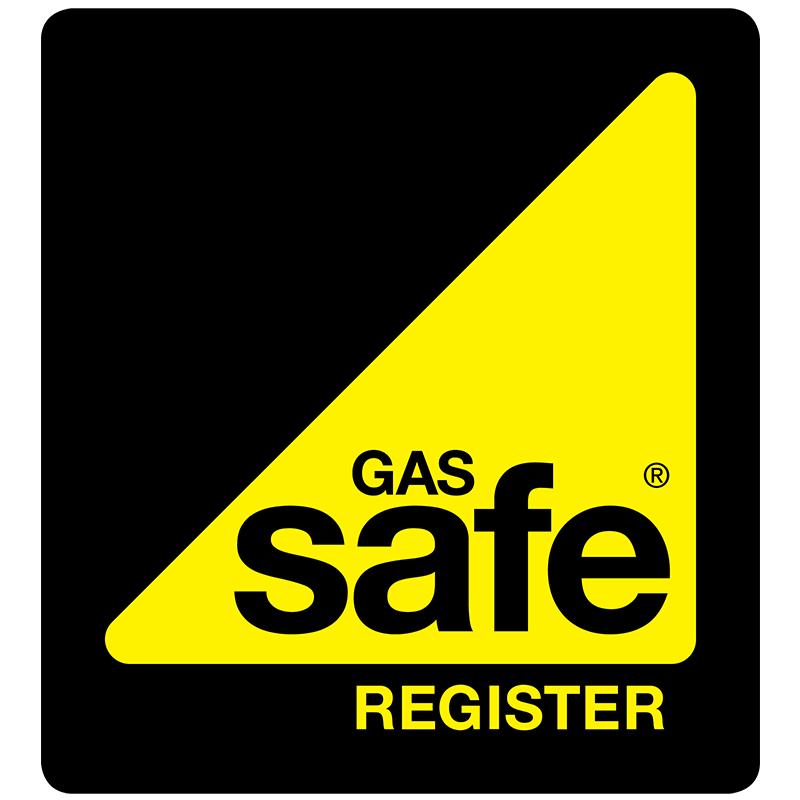Confused About Power Flushing? 5 Myths Debunked…
1. You can easily Power Flush your Central Heating Yourself.
While it is true that you can hire power flushing equipment from most reputable hardware outlets, what you cannot hire is the complex knowledge and experience of central heating systems. Each system is unique and will need treating in a different way. Each system has a different configuration of boiler type, piping, locations and customisations, all of which need dealing with in certain ways. Using a company with experience spanning many years is essential to make sure that the flush is carried out as effectively as possible.
2. Installing a Magnet Filter will do the same as a Power Flush.
Definitely not true. Magnetic filters are installed into central heating systems and catch metallic particles as they travel through the system. This is best done after a power flushing, to make sure future rust and debris is caught before it starts settling. If your system is already clogged up with sludge, then the filter will be next to useless.
3. Power Flushing will fix damage caused by blockages.
Having a power flush will remove sludge and clear blockages from your central heating system. What it will not do is repair the damage caused by rust and sludge. You may find that when the system is clear, damage already present will become more evident – sludge may be temporarily plugging holes in radiators, pipes and valves. When your power flush is complete, your engineer will point out any areas that need attention, and will usually carry spare parts to repair anything you need.
4. Sludge Inhibitors or Sludge Removal Chemicals are as good as a Flush.
There are a range of products available that aim to help you clear your central heating system, and while this may seem like an affordable way of solving your central heating problems, they are at best a temporary fix. Sludge inhibitors are effective, but only when added to a clean system to prevent new build up. Adding inhibitor to a system already blocked with sludge is a waste of time. After a Power Flush, your engineer will add inhibitors to the system for you to protect the system. Sludge removal chemicals are also a temporary fix. The chemicals will liquefy the sludge so it will circulate – but it will still be there in your system.
5. Replacing the Boiler and other parts means Flushing is not needed.
When your boiler has been replaced as a result of damage caused by sludge build up you may be tempted to think that is all that needs doing. This is not true. The minute the system is up and running again, dirt and sludge will continue to circulate – right through your expensive new boiler. It is essential that a power flush is carried out straight after the new boiler installation to prevent this. In fact, most modern boiler manufacturers insist on this to validate the boiler warranty.













